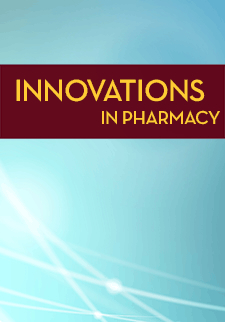The Risk of Venous Thromboembolism Events Resulting in Hospitalization following Exposure to Antipsychotic Medication in Pre-Disposed Adult Patients
Rachel Kahle
University of Findlay
https://orcid.org/0000-0001-7939-2913
Laura Sjoquist
James E. Van Zandt VA Medical Center
https://orcid.org/0000-0001-7714-6866
Lindsey Peters
Ohio Northern University
DOI: https://doi.org/10.24926/iip.v15i2.6116
Keywords: venous thromboembolism, deep vein thrombosis, antipsychotic agents
Abstract
Introduction: The primary objective of this study was to compare the incidence of antipsychotic use in those with venous thromboembolism (VTE) resulting in hospital admission. This study expands upon current knowledge regarding VTE risk and antipsychotic use and investigates potential risk factors and lab values that may precede antipsychotic-induced coagulopathy.
Methods: This retrospective, case-control, chart review investigated patients admitted to an acute care hospital with either a VTE or non-VTE diagnosis. Primary outcome analysis compared the presence of an antipsychotic medication in patients who had a VTE versus those who did not. Secondary analysis included: 1) the duration, class, dose, frequency, and route of antipsychotic and 2) coagulation parameters, patient characteristics, and VTE risk factors.
Results: Analysis included 400 participants with 200 participants in each group (VTE and non-VTE). Of the 51 patients who received an antipsychotic, 29 (56.9%) developed or presented with a VTE. However, there was no significant difference in VTE development between groups when controlled for antipsychotic use (OR 1.37, 95% CI 0.76-2.50, P-value=0.30).
Conclusion: While primary study findings were not statistically significant, results support a weak association of exposure to antipsychotic(s) in VTE groups compared to control (non-VTE). Obesity significantly increased the odds of VTE whereas a history of type 2 diabetes significantly decreased the odds of VTE.



